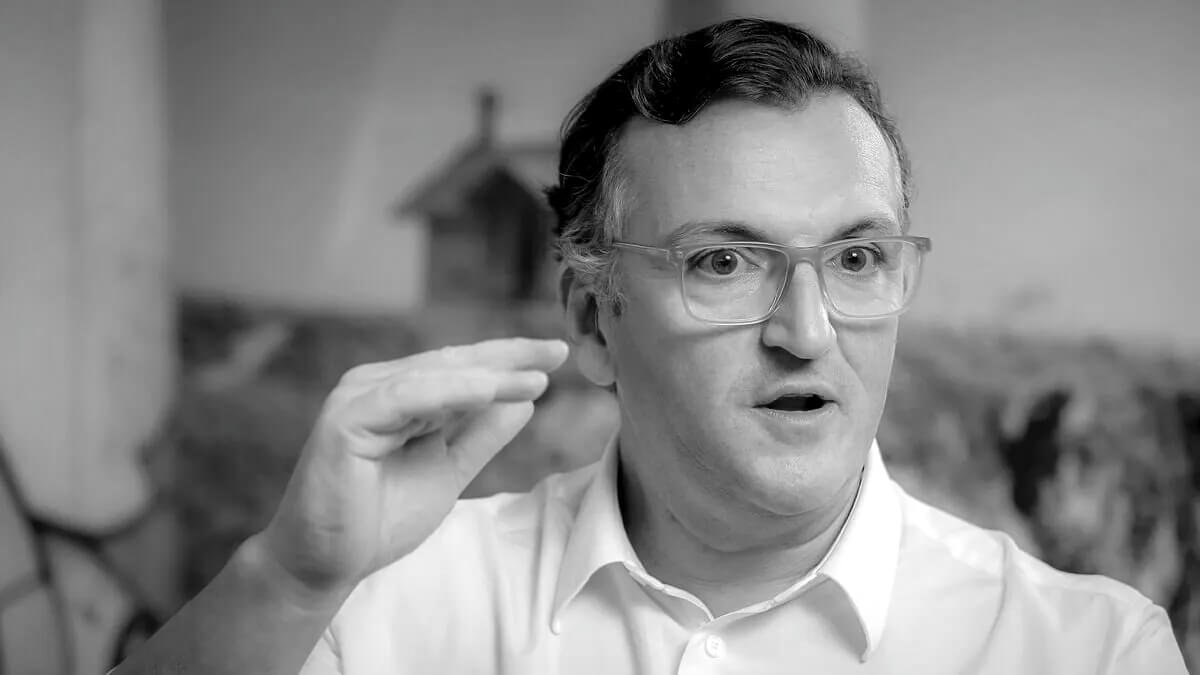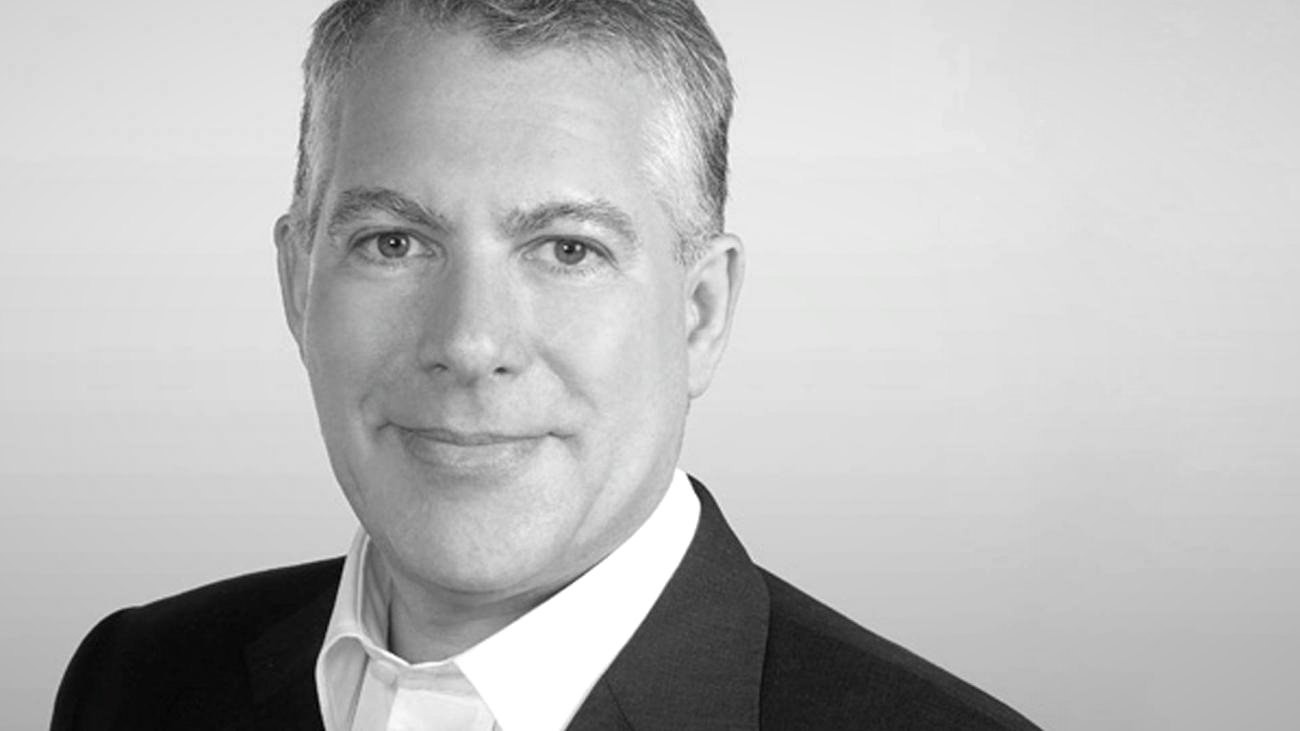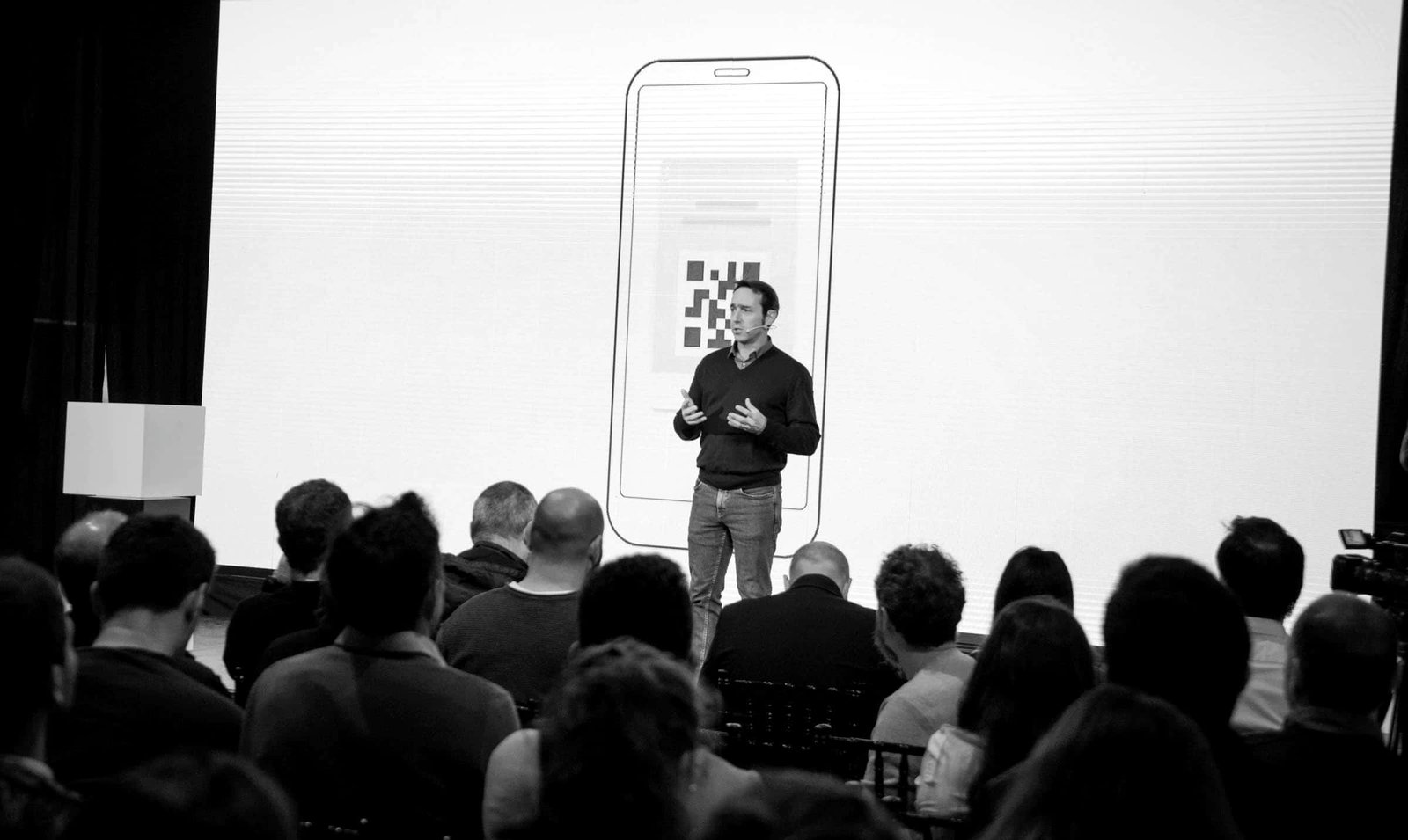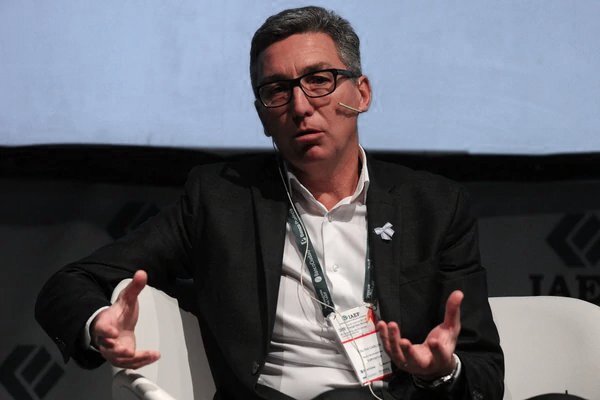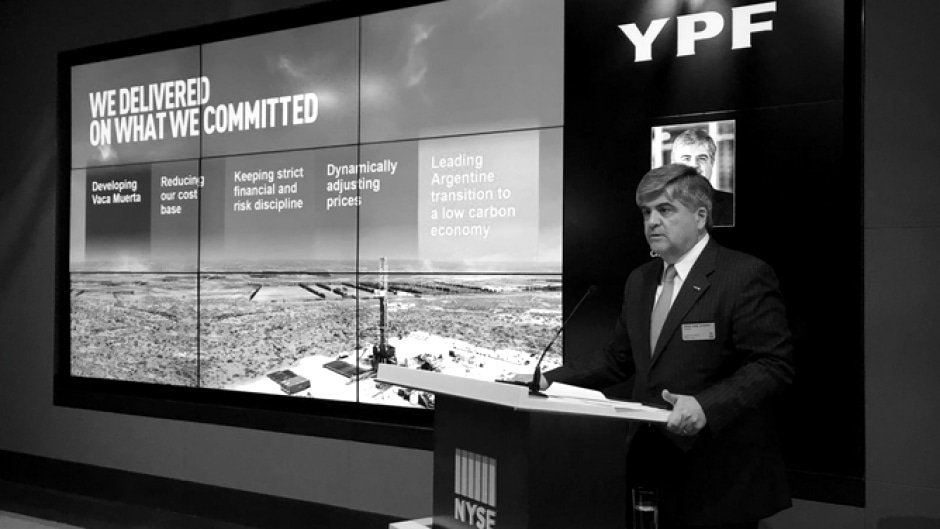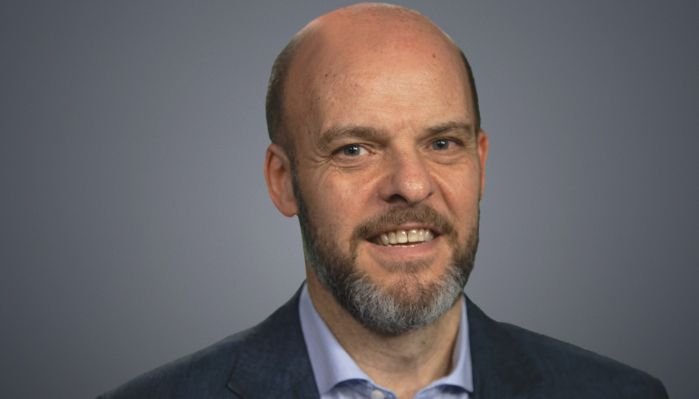
Alejandro Melamed
Alejandro Melamed is a prominent figure in the fields of Human Resources, organizational leadership, and digital transformation across Latin America. With more than 25 years of executive experience in multinational corporations and a solid academic background, he has played a pivotal role in shaping more human-centered corporate cultures, aligned with the evolving demands of 21st-century organizations.

Academic Background and Specialization
Alejandro Melamed graduated as a Certified Public Accountant and later earned his PhD in Economic Sciences from the University of Buenos Aires. His academic training didn’t stop there. He expanded his expertise with executive programs at institutions such as Singularity University, Michigan University, the Hebrew University of Jerusalem, MIT Lab, and the Silicon Valley Innovation Center. This hybrid of traditional economics and cutting-edge innovation has shaped his ability to interpret the complexities of organizational behavior in a rapidly changing environment.
Professional Journey
Melamed’s professional path began as a Senior Consultant at Arthur Andersen, where he refined his analytical and strategic thinking. He later joined Molinos, a major Argentine food company, serving as HR and Change Management Manager. There, he led transformation projects during a pivotal moment in the company’s growth and reorganization.
His most high-profile corporate role came at The Coca-Cola Company, where he was Vice President of Human Resources for Southern Latin America. In that capacity, he managed HR operations for several countries and was responsible for cultural transformation processes, talent development strategies, and leadership programs. His tenure was marked by an emphasis on adaptability, diversity, and resilience within high-performance teams.
In 2015, Melamed launched his own consultancy: Humanize Consulting. Focused on transforming organizations through people-centered strategies, the firm works with top companies across Ibero-America. Through Humanize, he has positioned himself as a strategic advisor to senior leaders and a driver of cultural change in companies navigating the challenges of hybrid work, generational shifts, and technological disruption.
Contributions to Education
Melamed balances his consultancy work with a robust academic presence. He teaches at the University of Buenos Aires, the University of San Andrés, and the University of Salamanca. At San Andrés, he also leads the Advanced Leadership Program, aimed at executives and entrepreneurs seeking to develop adaptive, empathetic leadership skills. His classes are known for blending real-world corporate insight with academic rigor, offering students a comprehensive understanding of modern organizational dynamics.
Books and Thought Leadership
An active author, Alejandro Melamed has published eight books focused on the future of work, organizational transformation, and leadership rooted in human values. His most recent title, “El futuro del trabajo ya llegó” (The Future of Work Has Already Arrived, 2022), explores the seismic shifts in labor markets post-pandemic. Earlier works like “Tiempos para valientes” (Times for the Brave, 2020) and “Diseña tu cambio” (Design Your Change, 2019) reflect his commitment to guiding individuals and companies through periods of uncertainty and reinvention.
His writings serve as a compass for decision-makers confronting volatile environments, urging a more reflective and humane approach to leadership and organizational success.
Influence and Leadership Style
Alejandro Melamed is a frequent speaker at international conferences, having shared his vision in over 15 countries. His keynotes center around digital-age leadership and the imperative to humanize organizations in an era increasingly defined by automation and impersonal systems.
What distinguishes his leadership style is the way he cultivates work cultures based on collaboration, inclusion, and authenticity. He encourages organizations to view innovation not only as a technical pursuit but as a human one—driven by curiosity, adaptability, and purpose.
He is also a trusted executive coach, working confidentially with business leaders across sectors. Many of them seek his guidance not just for corporate strategy, but for managing the human impact of organizational transformation.





